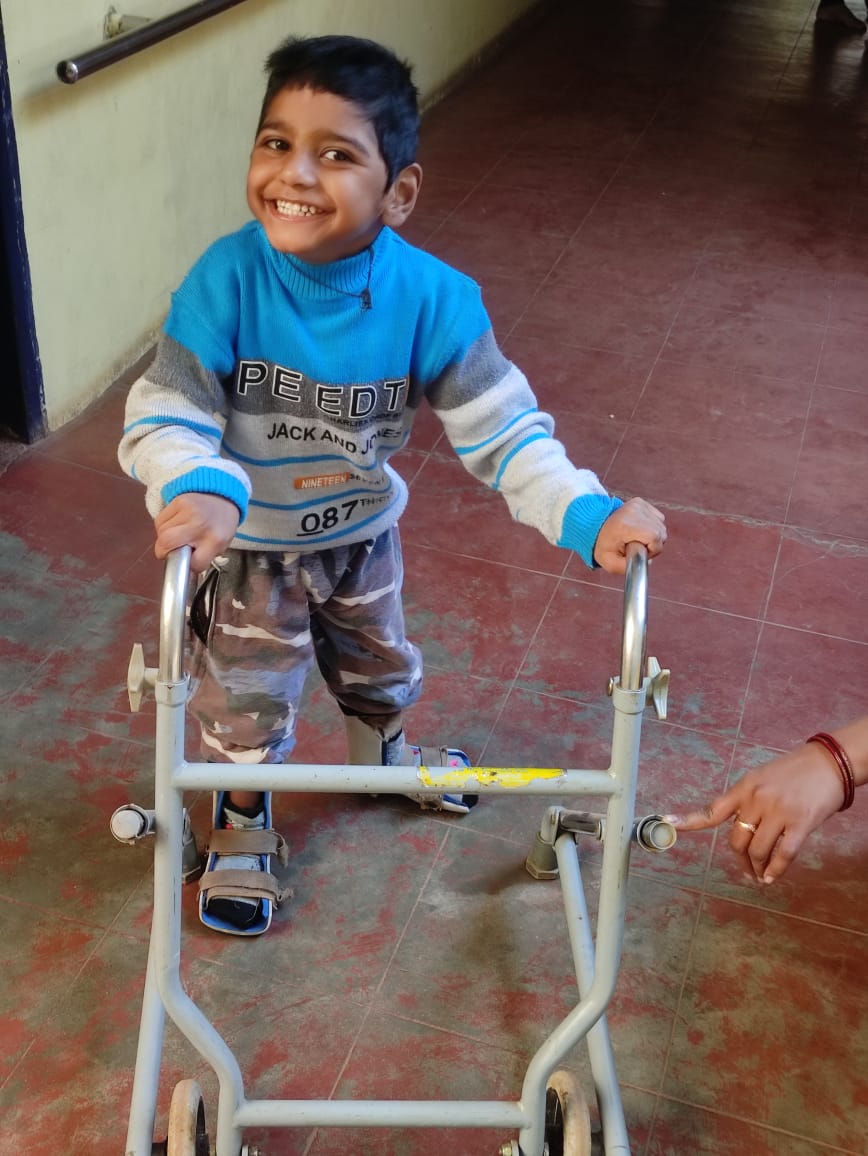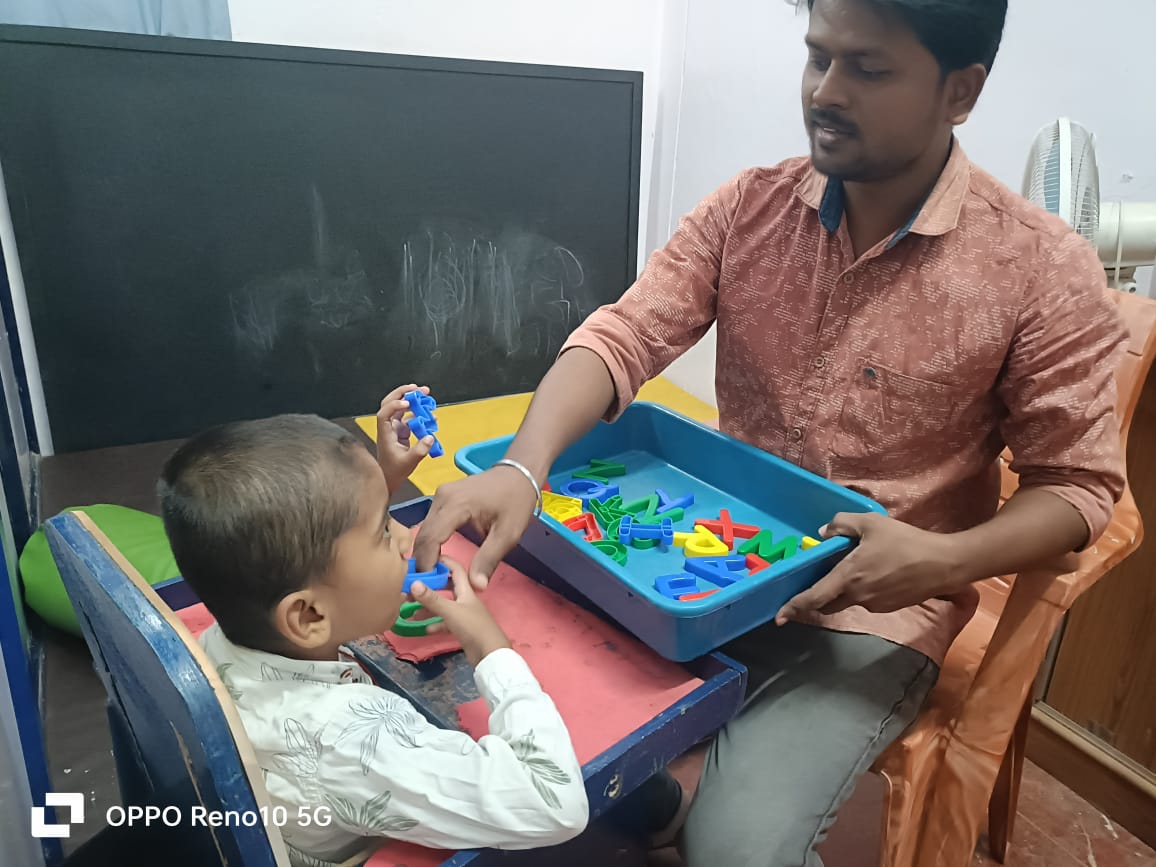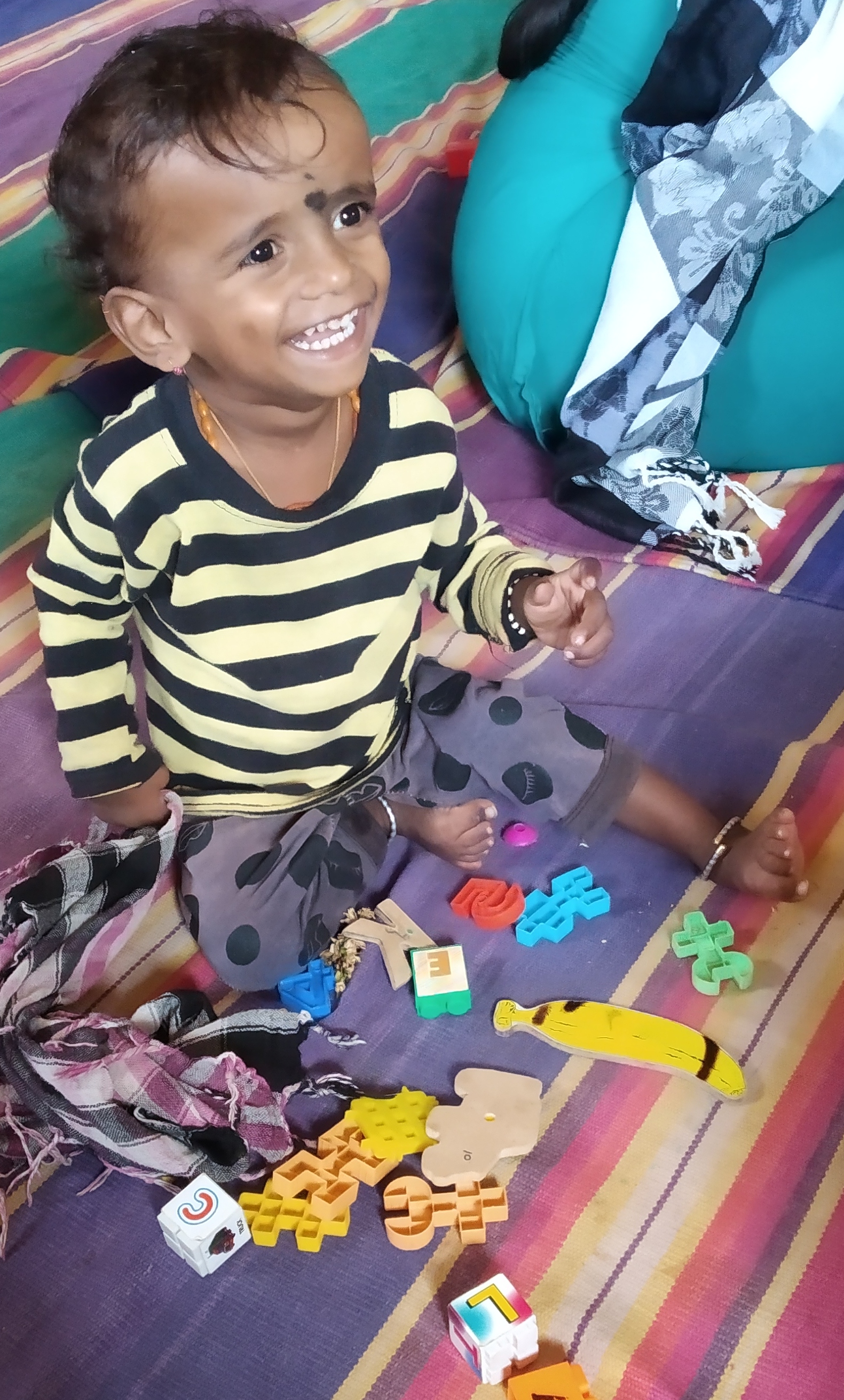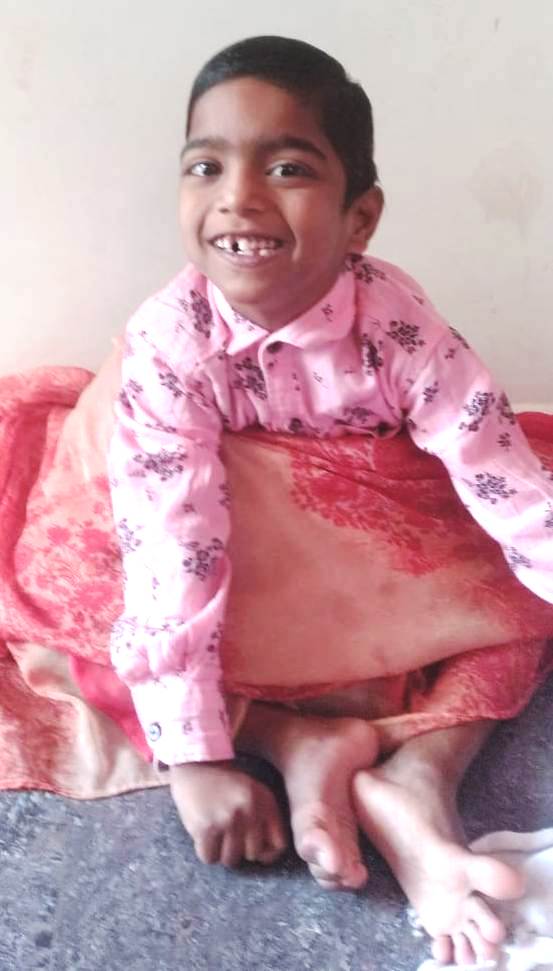x
S
A
M
A
R
T
H
Y
A
Welcome to Samarthya
Samarthya
or Potential defines our commitment to ensure that Persons With Disabilities
(PWDs) achieve their full
potential to lead independent and meaningful lives.
Samarthya was first
promoted by SAMUHA. It has its genesis in the first Disability Survey that was
undertaken in 1988 by Yael Sato, a physiotherapist and then SCI (Service Civil
Service) volunteer, on behalf of the Karnataka State Integrated Education Committee
of which Indumati Rao, then the founder of Seva-in-Action and now of the CBR
Network was the Secretary.
This survey then led
to a Community-based Rehabilitation (CBR) intervention that was supported by
SAMUHA, then the first of the Large Project Initiatives of ActionAid India that
was led by Yael and Narayanswamy or NS, then representing Roshni Welfare
Association for the Blind.
Samarthya’s
disability interventions, today, are supported by a collaboration between
- Prarambha (Prarambha
Samarthya), an NGO and currently the Secretariat for Janara Network, a platform
for CBOs (Community-based Organisations) promoted by SAMUHA in the Raichur and
Koppal districts of Kalyana Karnataka,
- Samarthya Trust, an
organisation of PWDs and Carers that has since 2013 continued to respond to the
needs of PWDs and Carers in these two districts, and
- SAMUHA (SAMUHA Samarthya).
Funding for the
interventions supported by each of these three organisations are maintained as
separate sets of books and audited and reported independently.
SAMUHA and the Samarthya Trust report Indian monies
received by them, while Prarambha reports on foreign monies received through
its FCRA registered account.
This website has also
been designed to reflect this collaboration, with both the Prarambha and SAMUHA
components designed so that these web pages are also a part of their respective
websites. Samarthya Trust itself does not have an independent website, and its
activities are reported here alone.
Disability
Interventions
1. Rehabilitation of People with Spinal Cord Injuries (PSCIs)
and Stroke.
This
is undertaken through two interventions:
o 1a. The Naandi Social Rehabilitation Centre for PSCIs
and Stroke patients
o 1b. The Naandi Community-based Rehabilitation
Intervention for PSCIs.
2. Early Intervention for Children With Disabilities (CWDs)
3. Piercing the Silence, an intervention with the Deaf
This is undertaken through two
interventions:
o 3a. Early Intervention for 0-5-year deaf children
o 3b. Integrating Older Deaf Children.
4. Assistive Devices for PWDs, Children with GDD and the
Elderly.
5. DISHA, an early
intervention and school readiness scheme for 0-10 year children with
disabilities




